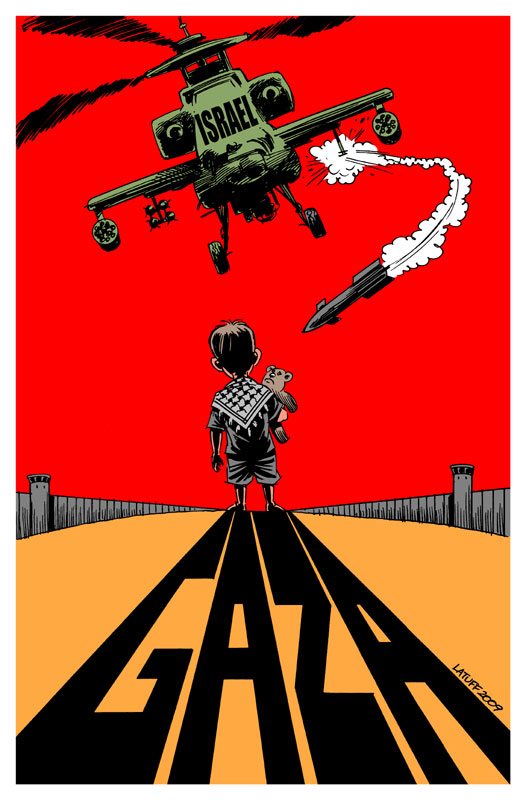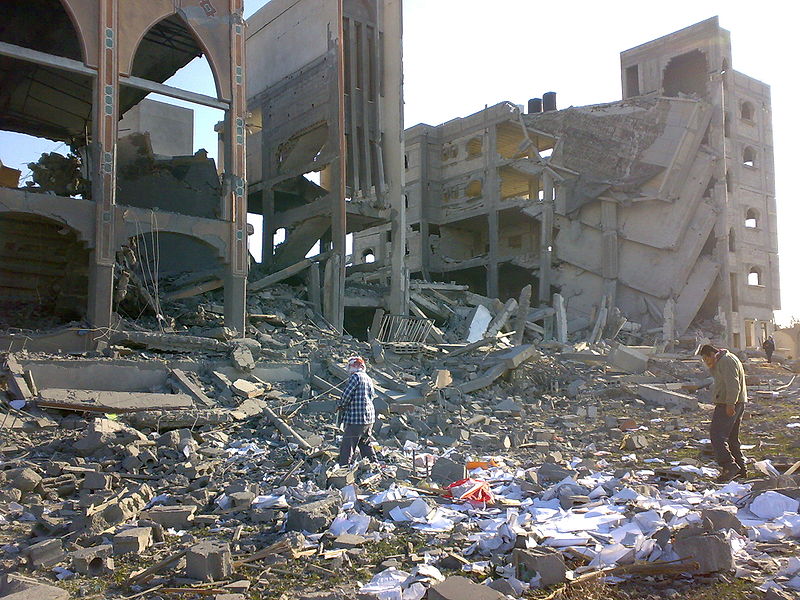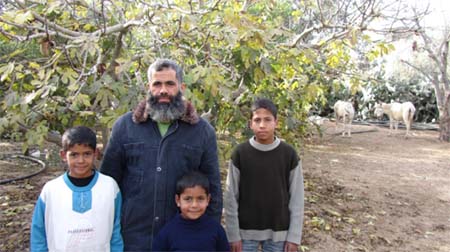Tag: Cast Lead
-
Open letter from Gaza: Three years after the massacre, justice or nothing!
27 December 2011 | Besieged Gaza, Occupied Palestine We, Palestinians of Gaza, 3 years on from the 22-day long massacre in Israel’s operation ‘Cast Lead’, are calling on international civil society to make 2012 the year when solidarity with us in Palestine captures the spark of the revolutions around the Arab world and never looks…
-
Raw memories of war
by Yousef M. Aljamal 27 December 2011 | Center for Political and Development Studies Simply put, I hate war. I love peace, for I don’t live peacefully just like others. My youngest sister hates war too. She could never forget the sounds of American-made F16s raiding Gaza’s only Power Plant, burning it to ashes, which…
-
28 December 2008: The Abu Taima family
27 December 2011 | Palestinian Center for Human Rights “Living under occupation means that whatever hopes we have, it will fall apart one day. For example, you bring up your child and put all of your hopes in him or her, but then they come and kill your child and all your hopes are destroyed.”…



